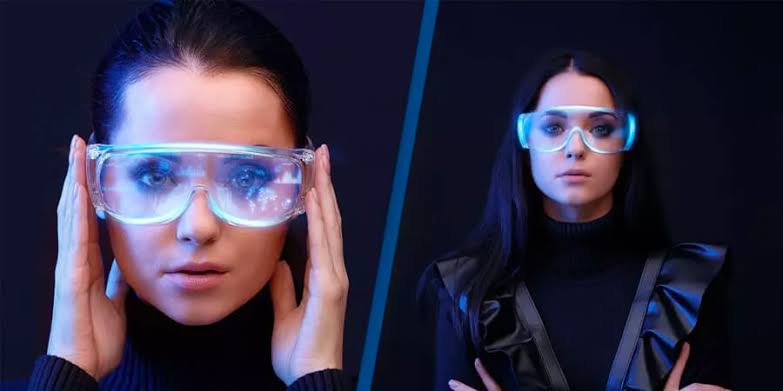In a compelling discussion at the SIGGRAPH conference, Meta CEO Mark Zuckerberg laid out his vision for a future where AI-powered smart glasses become ubiquitous. Engaging with Nvidia CEO Jensen Huang, Zuckerberg highlighted the transformative potential of smart glasses and their varying levels of technological sophistication and price points.

The Rise of AI-Powered Smart Glasses
Zuckerberg expressed his belief that smart glasses will evolve into a mainstream product, accessible to a wide audience. "I think what you're going to end up with is just a whole series of different potential glasses products, different price points with different levels of technology in them," Zuckerberg told Huang. He projected that affordable, display-less AI glasses priced around $300 could become highly popular, reaching tens of millions, if not hundreds of millions, of users.
Meta's Journey in Smart Glasses Technology
Meta has been at the forefront of integrating AI with wearable technology. In 2021, Meta launched its first smart glasses in collaboration with Ray-Ban, marking a significant step in blending fashion with advanced technology. This year, the company announced an upgrade to Meta AI, enhancing the functionality for users of these smart glasses.
At SIGGRAPH, Zuckerberg revealed that Meta is developing the next generation of smart glasses with a focus on aesthetics and practicality. "The goal there has been, OK, let's constrain the form factor to just something that looks great," Zuckerberg said. "And within that, let's put in as much technology as we can — understanding that we're not going to get to the kind of ideal of what we want to fit into it technically, but at the end, it'll be like great looking glasses."
Technological Innovations and Collaborations
Meta's advancements in wearable tech are driven by their development of custom silicon chips and a refined display stack sensor layer. These innovations aim to reduce the bulk of the technology needed for fully holographic smart glasses. Partnerships with leading eyewear brands like Ray-Ban and Oakley are essential to Meta's strategy, ensuring that the smart glasses are both technologically advanced and fashionable.
Currently, Meta's smart glasses are equipped with camera sensors, allowing users to capture photos and videos, livestream on Instagram, and make video calls on WhatsApp. Additionally, these glasses come with a microphone and speaker, enabling users to interact with Meta AI as a virtual assistant.
The Competitive Landscape
Meta is not alone in the race to develop advanced smart glasses. Snap Inc. has introduced AR-enabled Spectacles, and Google has been refining its Glass product line since 2013. Although the original Google Glass did not achieve commercial success, advancements in AI technology have rekindled interest in the smart glasses market.

The Future of Wearable Technology
As AI continues to advance, the integration of this technology into everyday wearables like smart glasses is poised to revolutionize how we interact with the world. Mark Zuckerberg's vision of a future where AI-powered smart glasses are as common as smartphones underscores the potential impact of this technology on our daily lives.
With Meta leading the charge, the next decade could see a significant shift in how we perceive and use wearable technology, making AI-powered smart glasses a staple in both our personal and professional lives.











